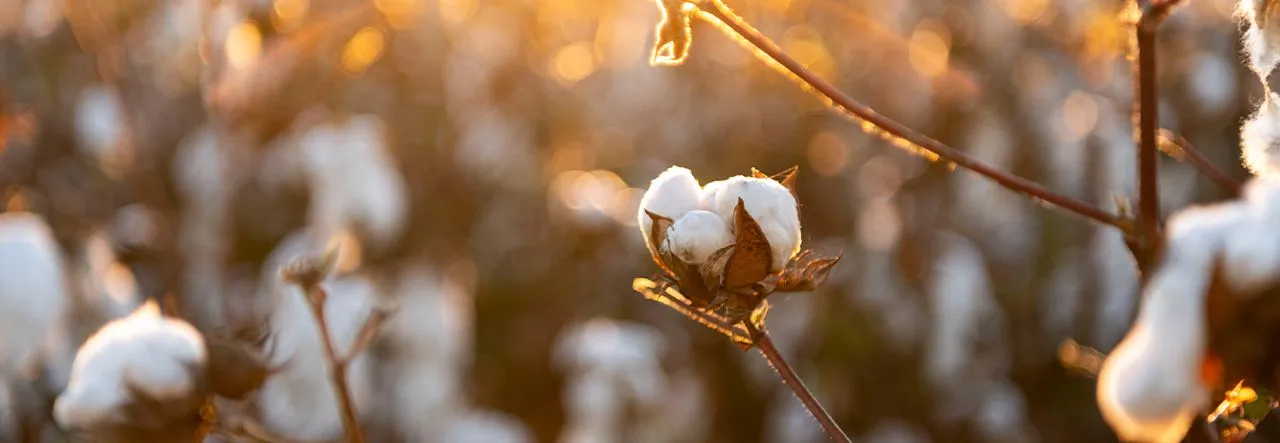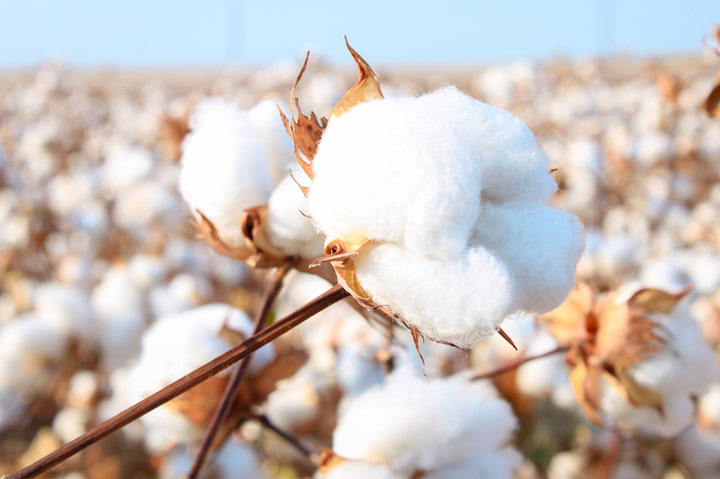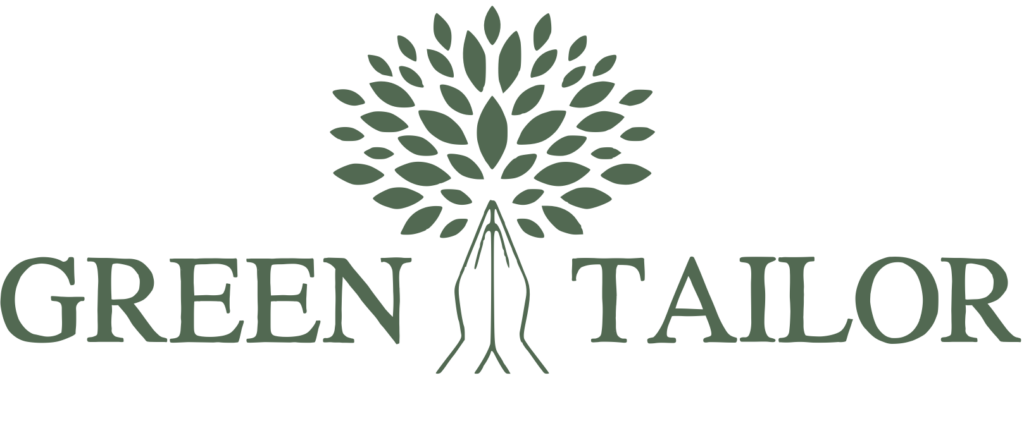
We all wear cotton clothes every day. But have you ever thought about what your clothes are made of and how they are made? Cotton is one of the most commonly used materials in clothing. But not all cotton is the same. There is regular cotton, and then there is organic cotton.
So, what is organic cotton? And what are its benefits? Below is the complete guide to organic cotton.
What is organic cotton?
Organic cotton is grown organically without harmful chemicals like fertilizers, pesticides, or insecticides. It is also not made from genetically modified (GMO) seeds. Farmers use natural methods to grow it, which is safer for the people and also better for the environment.

Benefits of organic cotton
Healthier for you
As organic cotton is soft, smooth, and free from harmful chemicals, it feels gentle on your skin. It doesn’t contain allergens or irritants, which are found in synthetic fabrics or chemically treated cotton.
Moreover, babies and small children have very sensitive skin, making it a safe choice for those with sensitive skin conditions as well. For those, we recommend undyed or unbleached cotton (see our organic cotton collection). If you need the dyed fabrics, then go with the natural dyes or at least GOTS-certified colored fabrics. This certification allows synthetic dyes but strictly controls the use of harmful chemicals.
Organic cotton on sustainability
Regular cotton, though it is 100% natural and biocompostable, needs a lot of water for its production. This is the reason why choosing organic cotton over conventional cotton is important, because conventional cotton needs a lot of pesticides and insecticides. Moreover, conventional cotton releases over 16% of global insecticides and uses 7% of total pesticides globally, while organic cotton doesn’t require all of these.
Better for the environment
If the crops grow organically, healthy soil is crucial. Organic cotton is often grown in areas that depend on rainwater, not irrigation, meaning up to 80% of it uses rainwater.
Moreover, organic cotton farming avoids the use of harmful pesticides and herbicides, which can contaminate rivers or groundwater. This protects both aquatic life and the health of farming communities. The absence of chemical inputs also helps to reduce greenhouse gas emissions. Compared to regular cotton, it can use up to 91% less blue water (from rivers, lakes, or wells). It helps to save this precious resource.
Softer and more durable
Sustainable cotton feels soft and gentle on the skin. It is a natural fiber, so it lets your skin breathe. Unlike synthetic fabrics, it doesn’t trap heat.
Natural cotton avoids all chemical treatments, and the fibers aren’t broken down during processing, which helps the fabric to retain its strength and shape over time.
Organic cotton vs regular cotton
| Attribute | Organic Cotton | Conventional Cotton |
|---|---|---|
| Fiber structure | Longer fibers (up to 39mm), fine structure, and chemical-free | Shorter fibers (up to 23 mm) may feel coarser due to chemical processing |
| Durability | Strong and long-lasting; less fiber damage | Durable, but can weaken over time due to chemical treatments |
| Skin sensitivity | Hypoallergenic and gentle on sensitive skin | Can irritate due to chemical residues |
| Biodegradability | 100% natural and biodegradable | Biodegradable, but chemical residues can hinder full decomposition |
Conclusion
We hope you have cleared all your doubts about organic cotton with this guide. It is offering a significant step towards a more sustainable and ethical textile industry. Switching from synthetic fabrics to natural fabrics is already a great choice towards sustainability. For an even better choice, we recommend organic cotton. It’s a more sustainable option for you and the planet, and we highly recommend it. Small changes in what we wear while investing in better natural cotton can create a big impact.
At Green Tailor, we believe in fabrics and products that care for you and the planet. Most of our collections are made from GOTS-certified organic cotton. We are proud to offer organic cotton products that are natural, ethical, and long-lasting. If you are looking for sustainable products and fabrics, we supply globally with no minimum order quantity (No MOQ).
For more information about our brand, contact us at [email protected].
